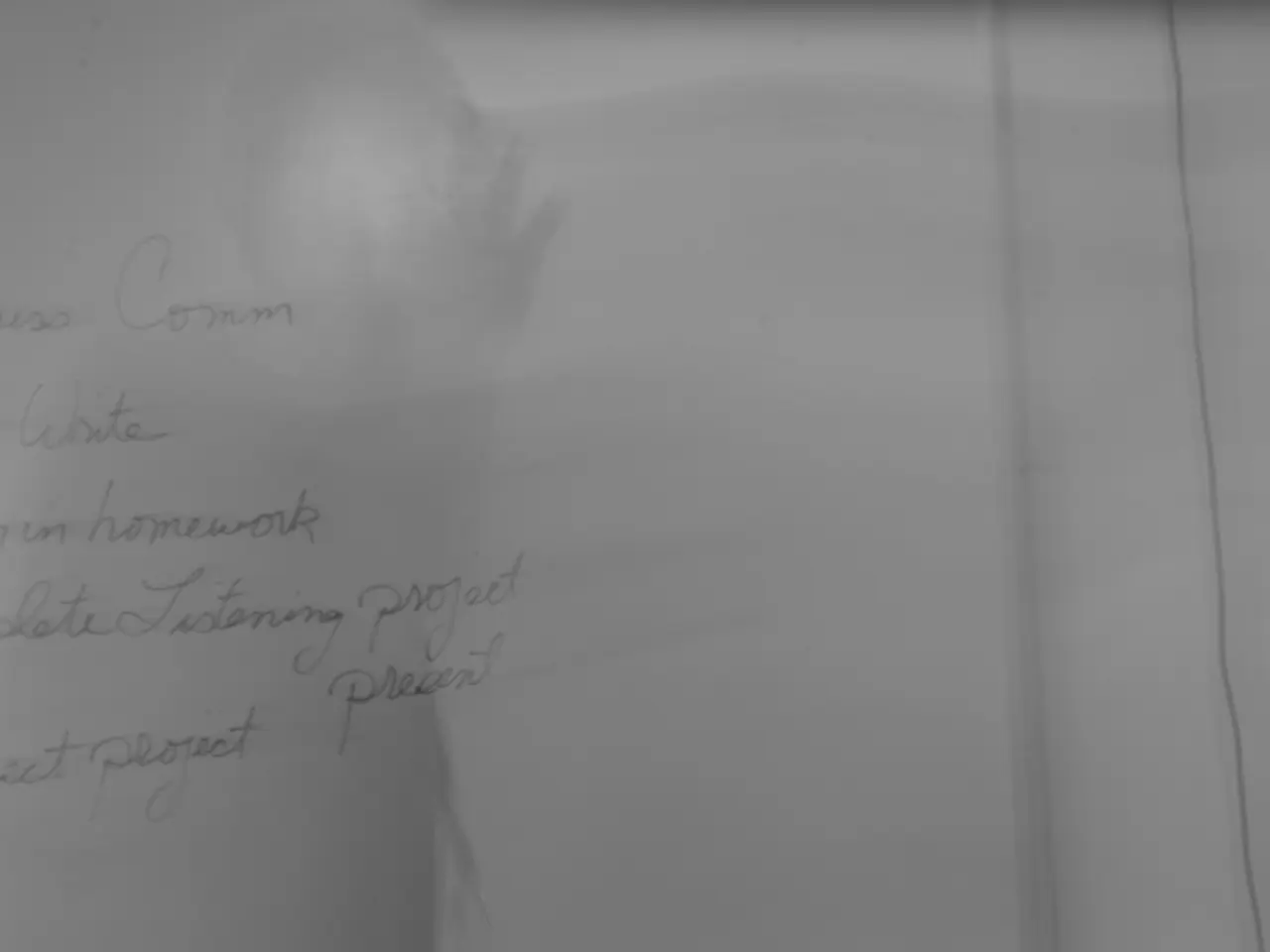EU Commission President's budgetary proposals are dismissed - EU Commission President's fiscal proposals meet rejection by MV
Mecklenburg-Vorpommern, a German state with significant rural and agricultural areas, has voiced its rejection of the European Union's (EU) financial plans for the next long-term EU budget, expressing concerns that the proposed changes could undermine key funding pillars such as the Common Agricultural Policy (CAP) and regional cohesion measures.
The state's apprehension stems from the fear that the restructuring of the budget could dilute and conceal critical funding lines like CAP and cohesion policy, making future support uncertain. The proposed budget changes risk merging these essential subsidies into a single "pot," with unclear allocations for specific purposes. This could potentially limit or reduce actual support to farmers and regional projects despite the overall budget size.
Moreover, if the current CAP budget remains the same in nominal terms but loses purchasing power through inflation or real value decline, the budget would effectively provide about one-third less money by 2035 compared to 2020. A proposed 15% cut on top of this would reduce available funds to just half of what was accessible in 2020, potentially starving these policies systematically.
Minister of European Affairs Bettina Martin (SPD) fears financial losses for Mecklenburg-Vorpommern, particularly for the agricultural fund, which is set to shrink by more than a sixth. The Minister of Agriculture, Till Backhaus (SPD), also shares these concerns, as large agricultural businesses in the state are feared to be disadvantaged.
The EU Commission's proposed multi-annual budget for the years 2028 to 2034 is around 2 trillion euros, an increase of approximately 700 billion euros compared to the current plan. However, it is unclear how much of this increase will flow back into rural development, and large businesses could face cuts.
The German federal government, in alignment with Mecklenburg-Vorpommern, also rejects the proposal for a comprehensive increase in the EU budget. The proposed changes could significantly limit the effectiveness of EU funding on the ground, potentially harming investments and undermining development plans.
In essence, Mecklenburg-Vorpommern's rejection reflects a desire to preserve clear, stable, and sufficiently funded EU policies that directly support their regional economy and long-term development, rather than accepting broad, opaque budget reforms that could reduce concrete support.
- The rejection by Mecklenburg-Vorpommern of the EU's financial plans for the next long-term budget is rooted in concerns about the proposed changes to employment policy, as these alterations could jeopardize funding for key initiatives like the Common Agricultural Policy (CAP) and regional cohesion measures.
- The debate over the EU's budget revision also encompasses business interests, as the proposed changes in financing might lead to cuts in support for large agricultural businesses and reduced investments in rural development.




